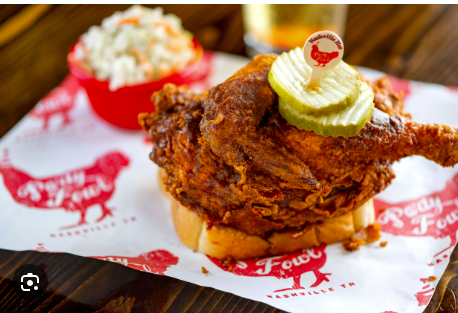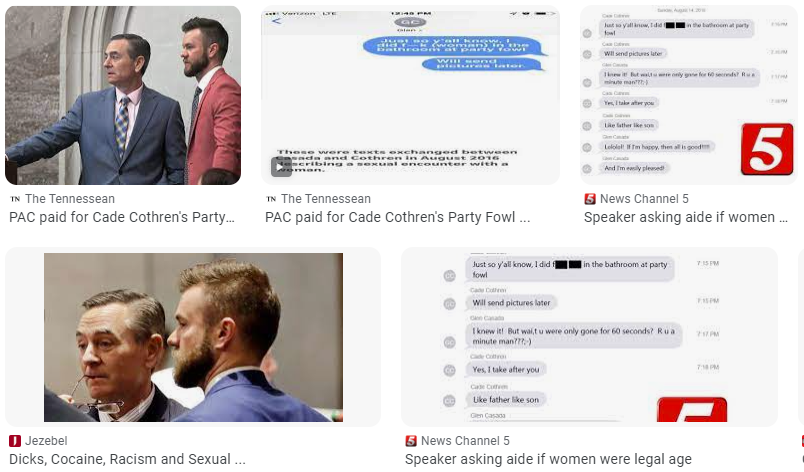Bankruptcy doesn’t necessarily mean that a business is shutting down.
You wouldn’t think that, though, based on the reactions online to the news that Party Fowl, a local “Nashville Hot Chicken” restaurant, filed Chapter 11 bankruptcy last week.

Some of it can be chalked up to schadenfreude: The restaurant was the site of a fairly salacious political scandal involving some of Tennessee’s least likeable politicians in recent memory. Whether it’s echoes of that scandal or its location in the party-centric Gulch, Party Fowl tends to get a bad rap from locals.

The reactions also reveal common misconceptions about how Chapter 11 works. Sure, if a company files a Chapter 11 bankruptcy, something has gone terribly wrong, but it doesn’t necessarily mean the end of the company.
The goal in Chapter 11 is rarely to simply shut down, but, instead, it’s to reorganize and stay in business. This generally involves freezing payments to creditors (unless it’s post-bankruptcy vendor payments), restructuring the company’s debts (i.e. extending the payment terms and, sometimes, paying only a fraction of the amounts owed), rejecting leases (i.e. undoing bad business decisions), and, generally, cut operations and expenses going forward (i.e. downsizing).
At the end of this process, a chapter 11 debtor will propose a plan of reorganization (based on a realistic budget it can handle) to keep its business alive and pay creditors over time.
Most companies continue operations after filing Chapter 11, and the customers will never notice any difference. Party Fowl filed bankruptcy nearly ten days ago, but they’ve been selling hot chicken continuously over the past two weeks.
Party Fowl appears to have some good reasons for filing. Based on their Company Profile (copy below), the debtor told the Bankruptcy Court that COVID was a big disruption with awful timing: They started a bold expansion in March 2020, and those new locations have struggled and drained resources, impaired cash flow, and led them to take out some fairly onerous and high interest merchant lender loans to bridge the gap. The bankruptcy filing allows the debtor stop paying those sky-high rate loans and use the income to right-size the business.
This is a Creditors Rights blog, written by a creditor rights lawyer, so please don’t think I’m going soft here. Based on the pretty extreme “Party Fowl, we hardly knew thee” reactions, I thought a little bit of background could be useful.
And, don’t worry, I’ve got lots of criticisms about the chapter 11 process, but I’ll save those for a later post. (Just wait until I tell you the story about the mega-bankruptcy case that paid the lawyers $100s of millions of dollars in legal fees and costs over 5 years, and the check my client received last month for 1.04% of his claim…)